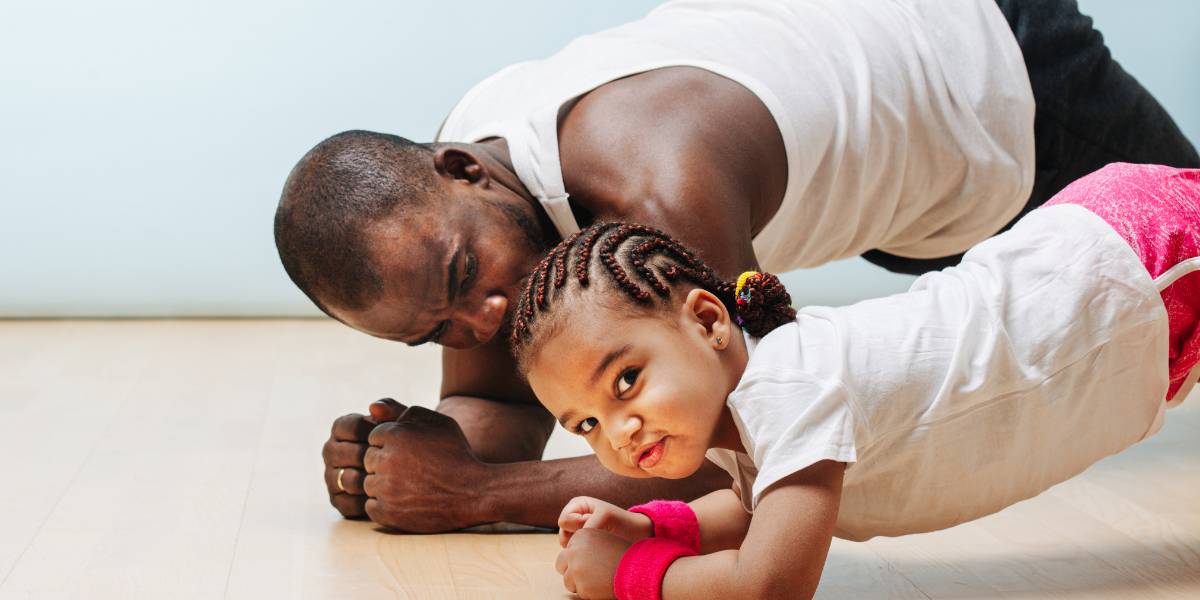If you’ve ever felt like your gym session dragged on forever, you’re not alone.
New research has found that people who push themselves during exercise often perceive time as moving more slowly.
In a study involving 4km cycling trials on stationary bikes, participants overestimated how long they had been cycling by around 10%, according to scientists.
The effect, sometimes referred to as a “time warp”, appears linked to the intensity of the workout.
Researchers suggest that workouts may feel shorter and more enjoyable if people are distracted from the discomfort of intense activity – for example, by listening to music or training in a competitive environment.
“People perceive time as moving more slowly during exercise,” explained Professor Andrew Edwards, a psychologist at Canterbury Christ Church University and the study’s lead author. “This distortion may affect pacing and the enjoyment of physical activity.”
- Compound Exercises: How They Help Support Healthy Aging
- Best exercises for people with type 1 diabetes outlined in new research
What was the experiment?
Thirty-three active adults took part in three cycling sessions. Before, during and after each session, they were asked to estimate a 30-second time period.
- In the first trial, participants cycled alone.
- In the second, a virtual avatar appeared on the bike screen.
- In the third, they were told to race the avatar.
Regardless of the setup, participants consistently felt time slow down during exercise, but not before or after. The presence of the virtual avatar made no noticeable difference, suggesting the time distortion is more about effort than environment.
Why does time seem to slow?
Professor Edwards believes the distortion is caused by a heightened focus on the body. “Intense exercise increases bodily awareness,” he said.
“That heightened focus makes each moment feel longer, so time feels like it’s dragging.”
He likened the phenomenon to Einstein’s theory of relativity, where time depends on the observer’s experience.
As Einstein reportedly said in 1929: “When you sit with a nice girl for two hours you think it’s only a minute, but when you sit on a hot stove for a minute you think it’s two hours. That’s relativity.”
Can enjoyment make a difference?
Follow-up research on professional footballers suggests that the nature of the activity matters too.
Training sessions involving a football felt shorter than cardio or video review sessions, despite being physically demanding.
“If time feels slower, workouts may feel longer and less enjoyable,” Edwards said.
“Making exercise more engaging could help people stick with it. Repetitive or unenjoyable exercise might enhance this time-slowing effect, while distractions or enjoyment might reduce it.”





